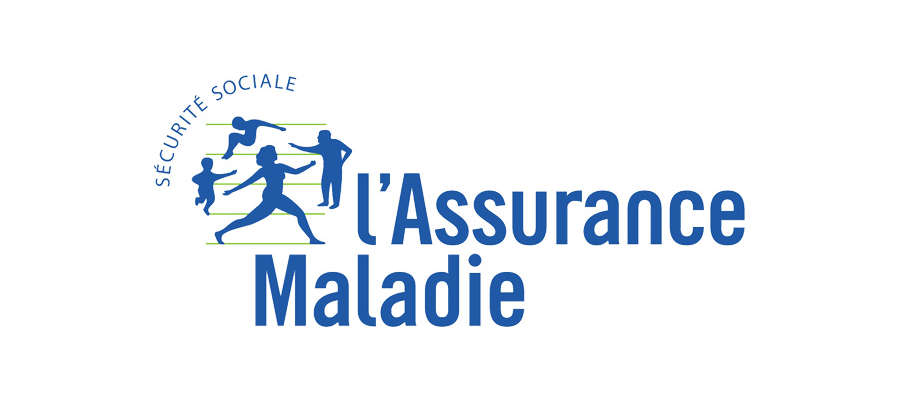
Since January 1, 2016, individuals whose employment income falls within certain brackets are required to pay the “universal healthcare contribution”, also known as the “PUMA tax”.
Prior to January 2019, those required to pay this tax included individuals:
– Whose employment income was less than 10% of the annual French social security cap (or “PASS”) (i.e., €3,973 in 2018, the amount of the PASS in 2018 being €39,372), and
– Who did not receive any replacement income, and
– Whose capital earnings were greater than 25% of the PASS (i.e., €9,843 in 2018).
The PUMA tax was based on capital earnings, and in some cases increased with respect to livelihood and standard of living factors. The tax rate was set at 8%.
The Tax was amended by the 2019 French Social Security Financing Act.
Since January 1, 2019, individuals required to pay the PUMA tax include those whose employment income is less than 20% of the PASS (i.e. €8,104.80 in 2019, the amount of the annual PASS 2019 being €40,524). As such, the threshold for tax liability has doubled.
The PUMA tax base, however, has been reduced by a rebate equal to 50% of the PASS (€20,262 in 2019) and will now be capped at eight times the PASS (€324,192 in 2019).
The new PUMA tax rate has been set at 6.5%.
A linear reduction mechanism for this rate has also been put in place. The rate decreases in proportion to earned income and becomes zero when the liability threshold is reached.
To date, although the number of taxpayers subject to the PUMA tax has increased, both the base and the tax rate of this contribution have been reduced.





